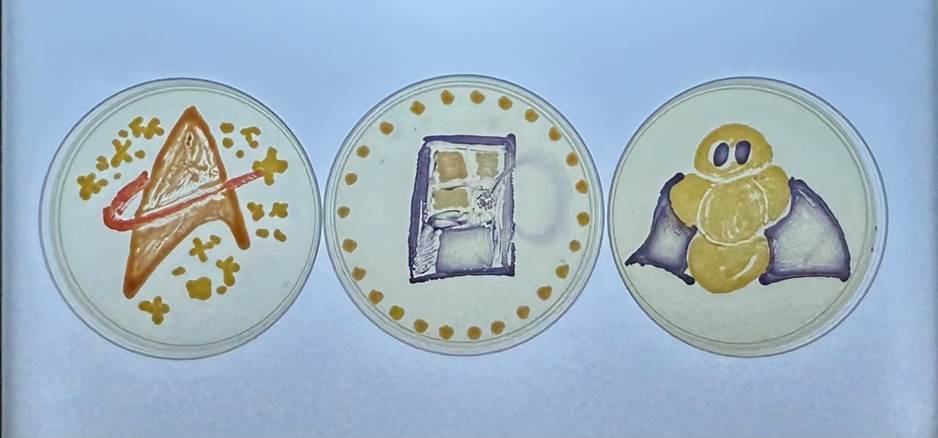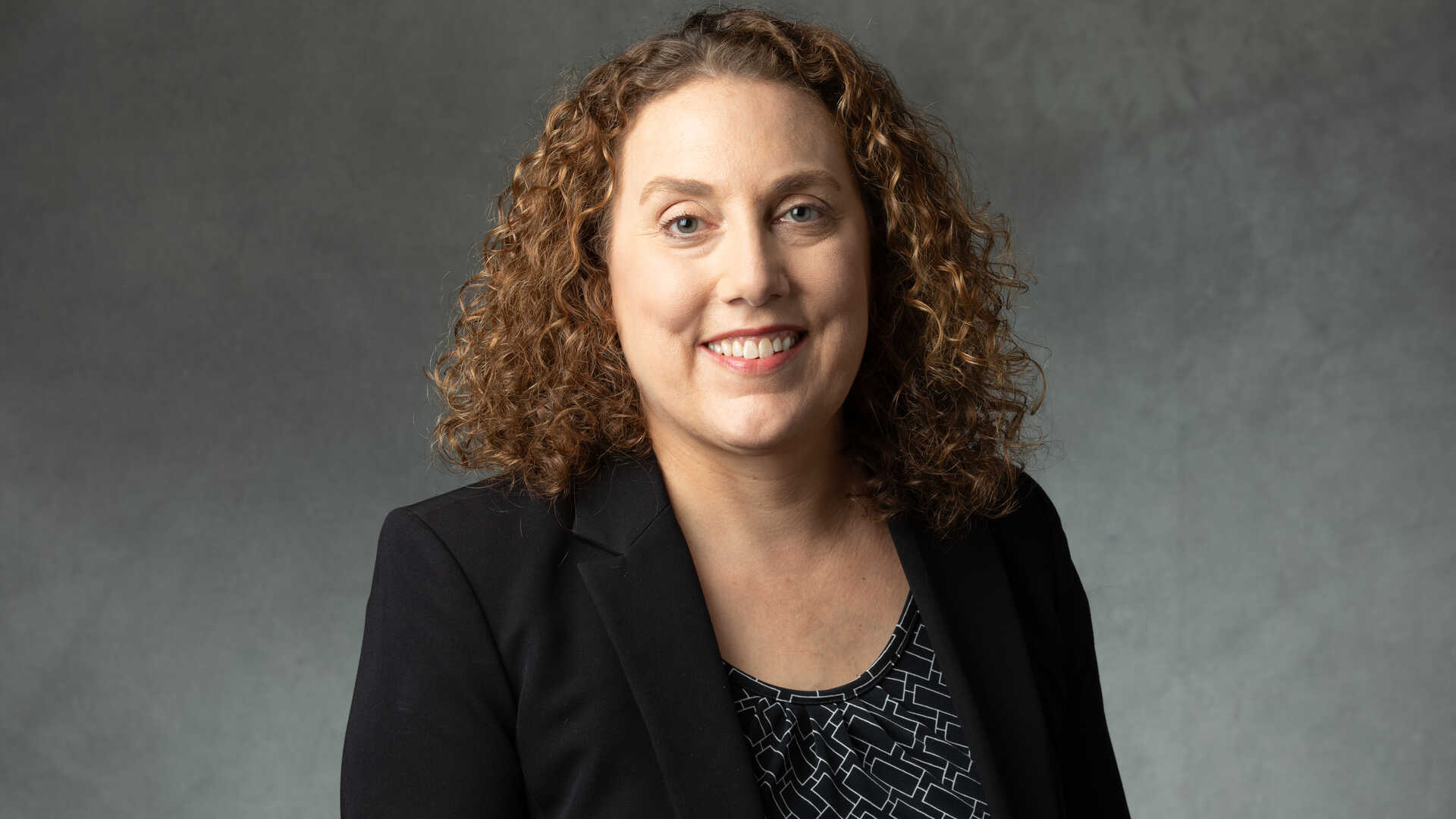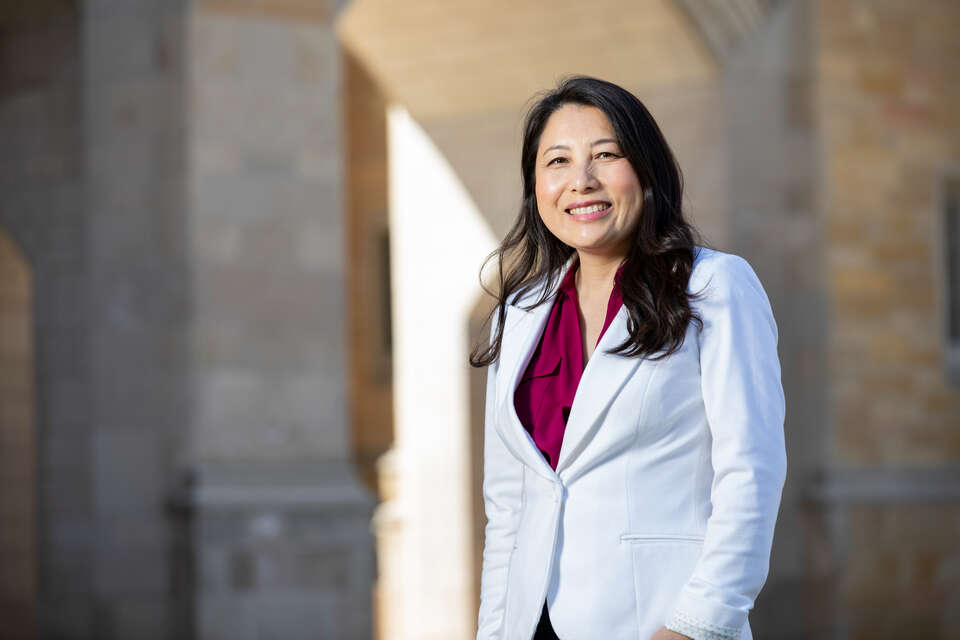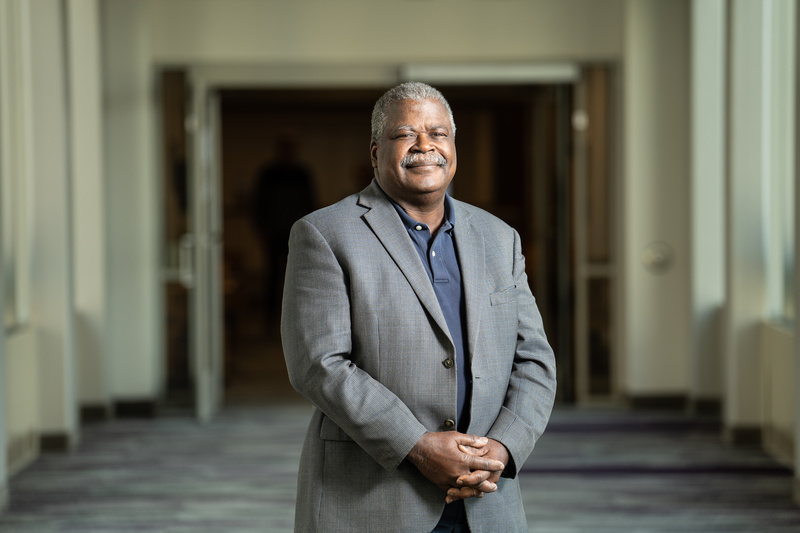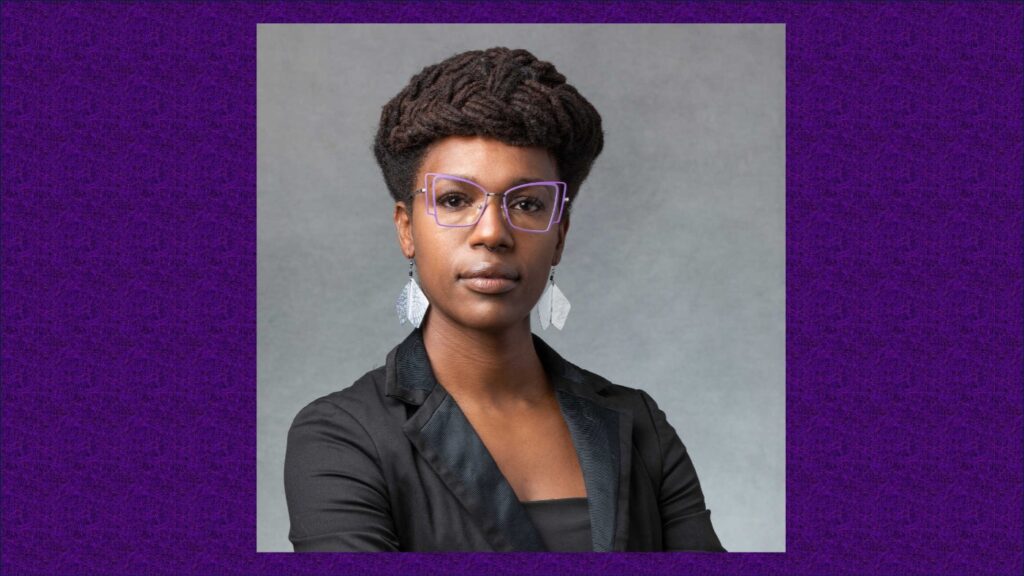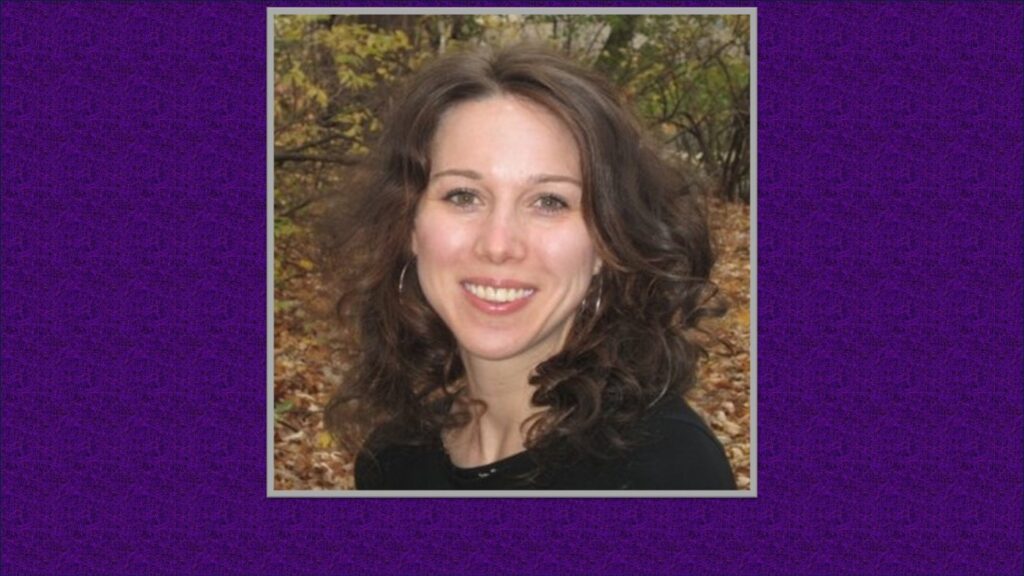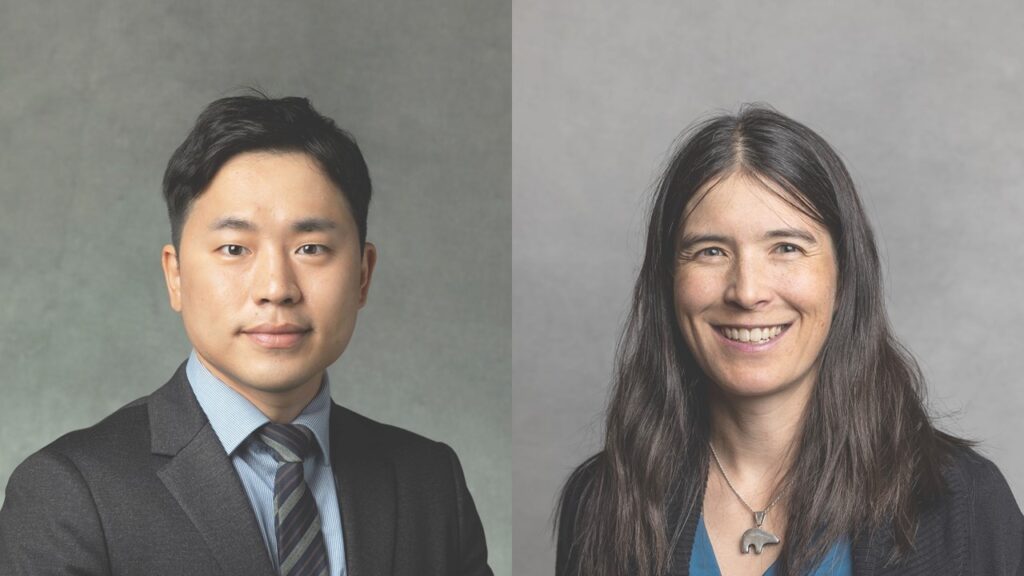University of St. Thomas Biology Department Professor Joanna Klein’s passion for “Star Trek” recently landed her submission in the American Society for Microbiology Agar Art competition a finalist slot.
The contest encourages scientists, artists and the general public to use live microbes as their palette and petri plates as their canvas. Contestants create agar art in a petri dish using microbes. Every year, contestants create agar art based on a theme; this year’s was “Microbiology in Space.” Artists can use any organism with any type of agar to create art that shows the connection between microbes and outer space.
Klein used “Star Trek” as her inspiration for her art piece.
“My submission is a series of three plates in which I depicted the imagination and hope for the future that ‘Star Trek’ has always inspired in me, and the work I do with students to combat the rise of antibiotic resistant superbugs,” Klein said. “The first two plates are of the ‘Star Trek’ logo and a tricorder device from the original series. Taking these as inspiration lets us boldly fight against the notorious superbug depicted in the third plate. You can identify it by the clustered (staph) arrangement of spherical (coccus) shaped yellow (aureus) bacteria, and the cape it is wearing, representing the superbug characteristic of resistance to the antibiotic methicillin, and giving it the moniker MRSA.”
Klein’s submission “Space: The Final Frontier” was chosen as a finalist for the People’s Choice Award in the professional category. She credits her success to her students and colleagues at St. Thomas. She said Justin Donato, a chemistry and data analytics associate professor, supplied the purple E. coli clone.
“The bacteria used were identified by my Microbiology and Health students last spring,” Klein added, “Francesca Zenker is one of my talented research students who has been my partner in art this semester! I also need to credit the Tiny Earth Network for the amazing inspiration and support they provide to instructors, students and scientists around the world.”
